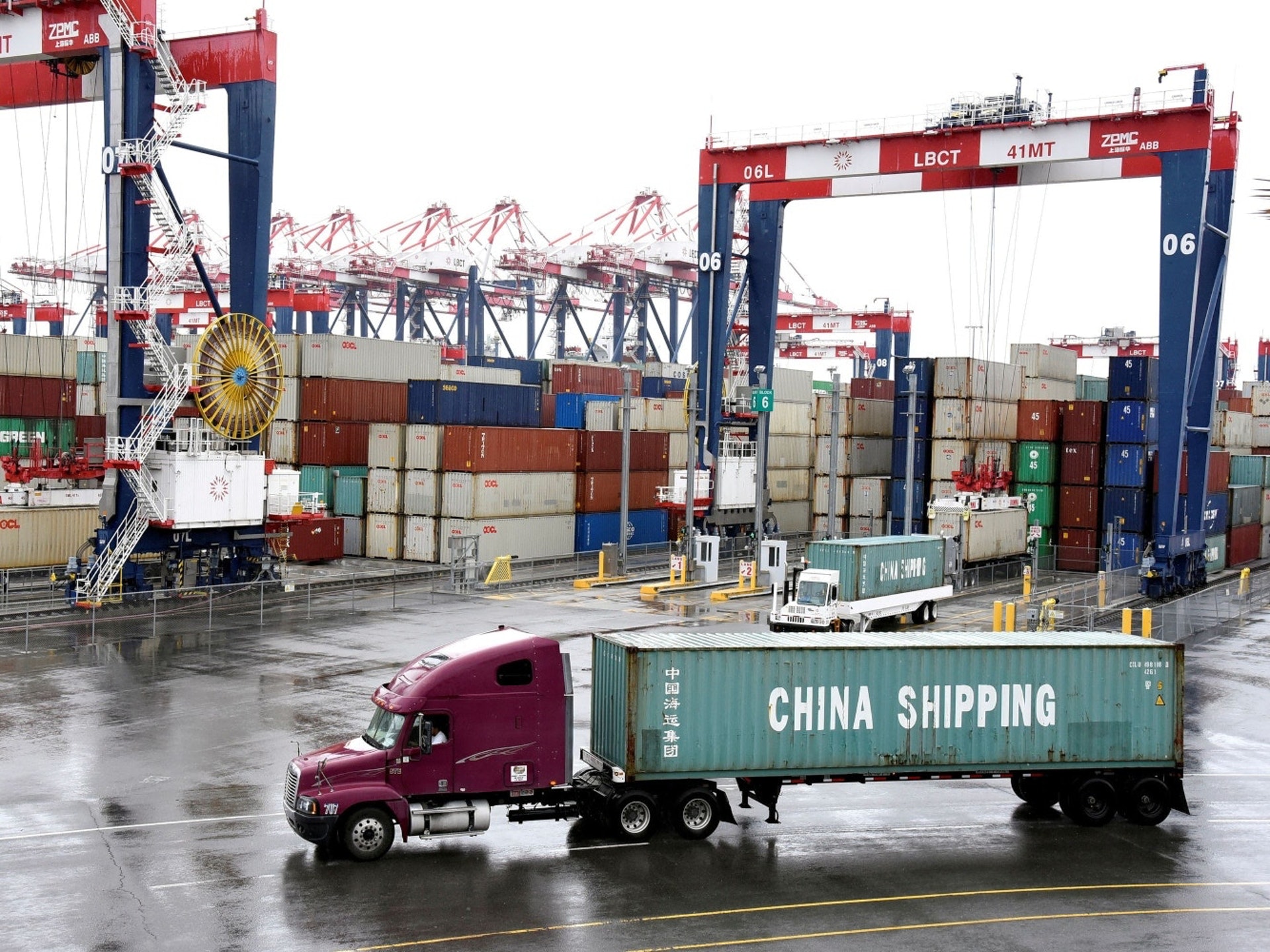The US-China trade war began in the summer of 2018, and the two countries imposed punitive tariffs on each other’s exports in stages. After several rounds of discussions, a new phase of the “ceasefire agreement” is expected to emerge. The US media reported that the United States reached a first-phase agreement with China in principle, while the British media also reported that China and the United States agreed to reduce and delay tariff increases. In addition, China agreed to purchase US $ 50 billion of US agricultural products next year.
Reuters reported on December 13 that sources familiar with the talks reported that China and the United States have agreed to reduce some tariffs and that the United States has agreed to delay the original tariffs imposed on China on December 15 as the two economies reached an agreement. portion.
Reuters also cited sources familiar with the negotiations that China has agreed to buy $ 50 billion in agricultural products in 2020.
Bloomberg News quoted people familiar with the plan on the 13th, saying that US trade negotiators reached an agreement with China on the terms of the first phase of the trade agreement and are now awaiting the signing of US President Donald Trump.
It is reported that Trump met with trade advisers at 2:30 pm local time to discuss the agreement. A person familiar with the matter revealed that the relevant information may be announced as soon as possible in the afternoon local time. A White House spokesman did not comment.
Reuters also quoted people familiar with the China-US talks as saying the Trump administration reached a principled agreement with China.
The Wall Street Journal earlier quoted people familiar with the matter as saying that U.S. trade negotiators proposed to cancel a new round of tariffs on about US $ 160 billion in Chinese goods on December 15 and proposed a substantial reduction in the current tariffs on Chinese goods of about US $ 370 billion Half in exchange for Beijing’s compliance with terms such as buying large quantities of agricultural products, protecting US intellectual property rights, and expanding market access.












